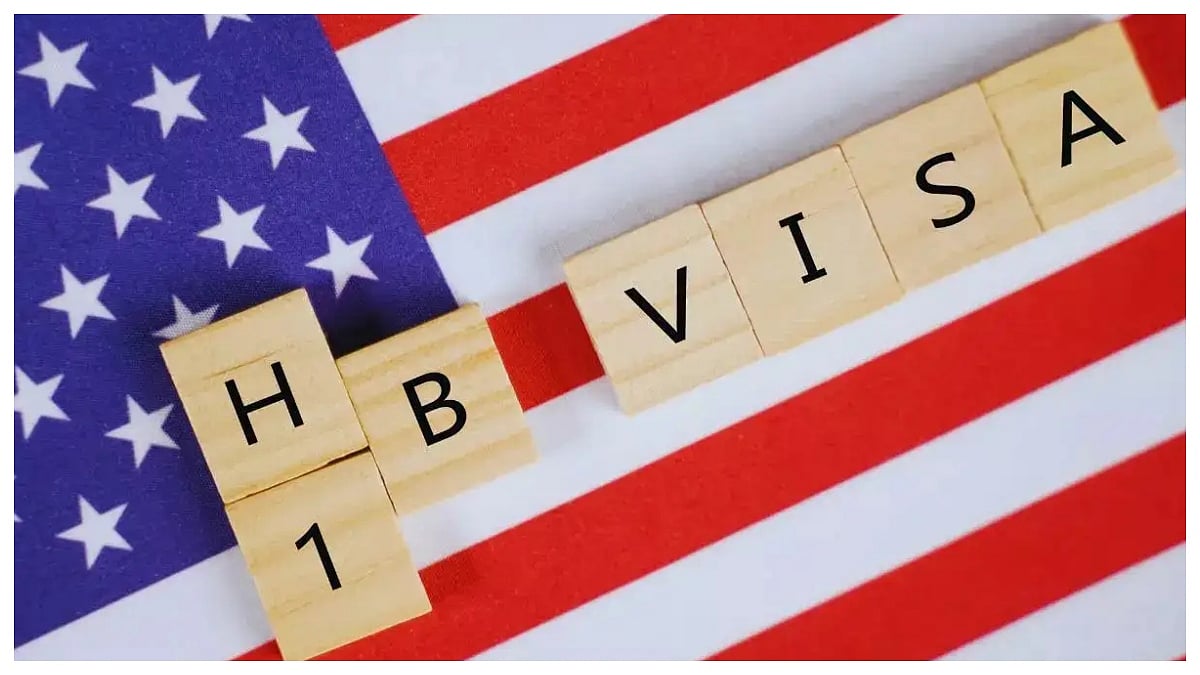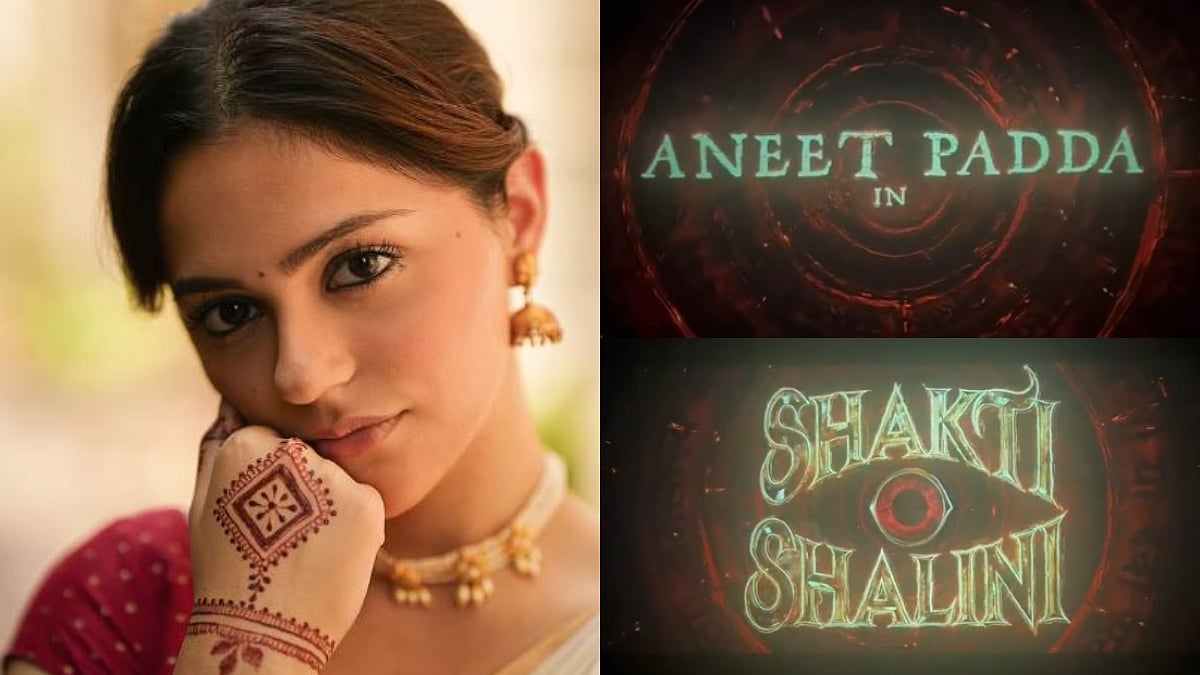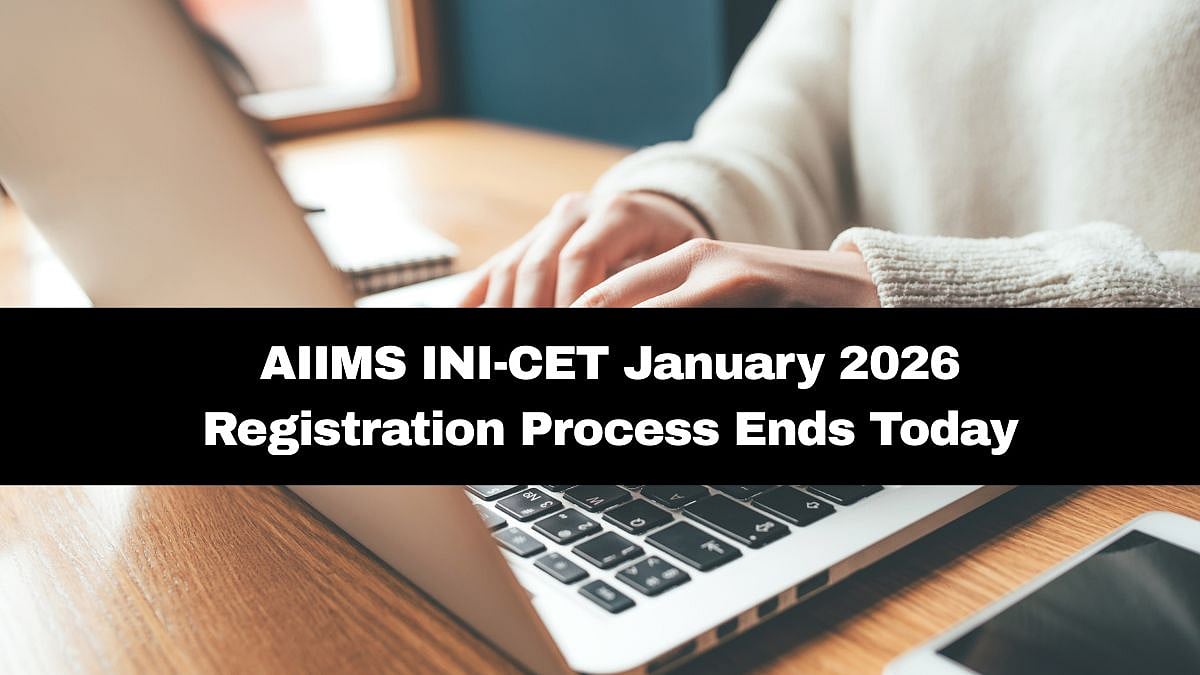When the Covid-19 pandemic broke down learning among students, Chennai-based Abhishek Ramanuja and Nandini Chilkam decided to do something about it. Back in December 2020, both of them co-founded Learn With Comics, educating children through comics. Two and a half years in, the education comics now have thousands of users across India who are interested in subjects such as General Education, Science, History, Science, and more. In an interview with The Free Press Journal, Abhishek and Nandini detail the impact of their comics, and how it has helped students. Excerpts from the interview:
Why did you start Learn With Comics?
Abhishek: During the COVID-19 pandemic, we witnessed how children accessed educational materials. Many of them gravitated towards mobile devices, utilising platforms like YouTube for videos, simulations, and stories to understand complex concepts. It became clear that this trend could not be overlooked.
Nandini: We know the fact that videos will reach fast but if children are addicted to watching and learning, will they be able to read? Absolutely not. Thus, we came up with the idea of comics.
Why did you choose comics over other mediums to teach students?
Abhishek: Reading Calvin and Hobbes gives me goosebumps, and when I see Suppandi, the creativity behind that unique head shape amazes me. It proves how creative thinking can be expressed visually as images in comics speak to me before the text does.
I like to learn through images and text. When I discovered that reading is an excellent exercise for the brain, I realised that comics are a perfect fit. They allow us to illustrate and teach challenging concepts, making them easier to visualise.
Plus, comics lets us be creative and use storytelling, which keeps students interested. They work well for different types of learners and can make learning enjoyable.
What has the response of students and parents been like?
Nandini: In the initial stages, we faced a challenge in encouraging people to read our digital comics. Given the overuse of phones during the pandemic, it was a struggle. However, things began to change.
After we shared our comics in school groups and on social media, following our investor, Dr. Anirudha Malpani’s suggestion, we received positive feedback. Parents appreciated the value of comics as an educational tool. This led to requests for comic workshops and lessons on creating comics. People also started sharing their content and asked us to collaborate on the same.
What did you do to make the education comics more engaging?
Nandini: We created our first comic book, ‘Grade 6 Electricity’, aimed at aligning with NCERT which couldn’t be achieved. We had an opportunity to collaborate with the Tamil Nadu Police using comics to address drug abuse among children. Our efforts were appreciated, including by Minister Udayanidhi Stalin.
We collaborated with scientists from Banaras Hindu University (BHU), Varanasi, wherein we transformed complex genetics concepts into comics, and the response was positive. We created comics based on the concepts, which will be released soon.
In addition to these projects, we have tried to raise awareness about digital scam. You can check it out at https://my.learnwithcomics.org/handbook/Digital_Scams
What’s the best compliment you have received about the comics?
Nandini: This is one of my favourite anecdotes! A school principal requested to see our work and she exclaimed, ‘OMG, this is incredible stuff!’ She was so impressed that she wanted to integrate our comics into their English Lab curriculum and even proposed the idea of sharing one comic monthly with each grade.
Why are education comics not more popular in India?
Abhishek: Education comics aren't well-known in India because some schools and teachers might not be open to using them, and some people might not think they're serious enough for learning. We need to tell more people about them, convince schools and teachers, and make good comics in different languages.
How did students change after they got exposed to comics?
Abhishek: I refer to this as a transformational moment. There was a child in the second grade who faced difficulties with online classes due to Covid, it impacted her reading and writing skills. When we introduced her to our comic-based learning concept, she was able to create stories in comic form despite traditional text remaining challenging for her.
Furthermore, we provided our comics to special-needs children, and it notably contributed to their success in examinations.










